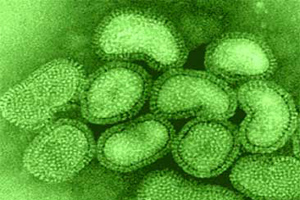South Korea to tackle AI through wild bird monitoring

South Korea is to intensify its watch against avian influenza (AI), by conducting year-round monitoring of migratory birds and designating special districts for regular quarantines.
The move comes as the government fears the highly pathogenic H5N8 strain of bird flu that caused the latest outbreak in the country may become indigenised, local news agency Yonhap reports.
The Ministry of Agriculture, Food and Rural Affairs had said the animal disease will likely die out during the hot season. All four previous outbreaks ended in less than five months and before the start of June. The latest outbreak, however, has so far lasted over six months since the first confirmed case on Jan. 16. The most recent case was on July 28. Nearly 14 million animals have been culled so far, with the overall damage likely to reach billions of dollars.
Under the new measures reported at a government policy coordination meeting, the ministry said it will first set up a joint information network on migratory birds with neighbouring countries, including China, Japan and Southeast Asian countries.
“The possibility of a new case seems slim, but the chances of the virus freshly coming into the country always exist,” the ministry said, noting the animal disease is found year-round in some countries, including China.
A government investigation committee earlier said the latest AI outbreak in Korea was most likely caused by infected wild birds from China. It also said that farms close to wintering homes for migratory birds were most vulnerable to AI.
To help determine the possibility of a fresh outbreak, the government will double the number of precautionary tests on wild and domesticated birds for avian influenza to 260,000 a year, the ministry said.
In addition, the government will designate 132 districts with some 1,700 poultry farms, about 20% of the total, in the country that will be subject to inspection and quarantine throughout the year.













